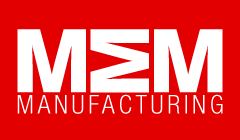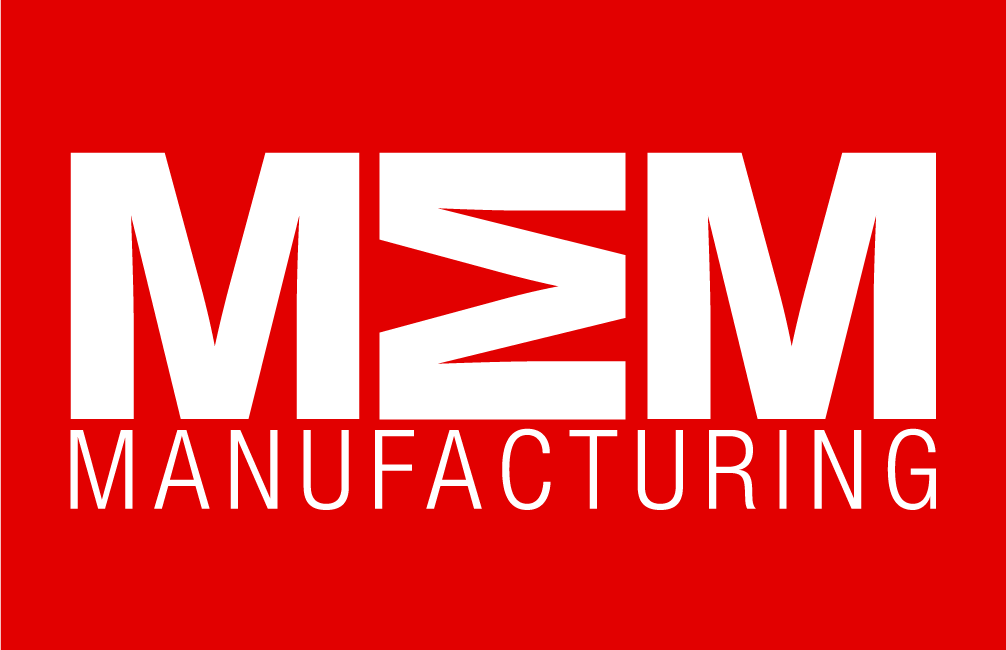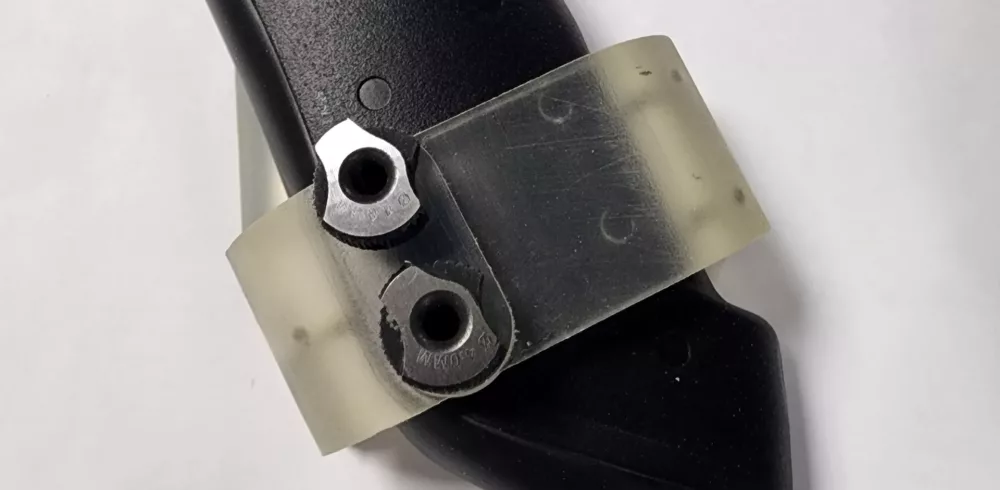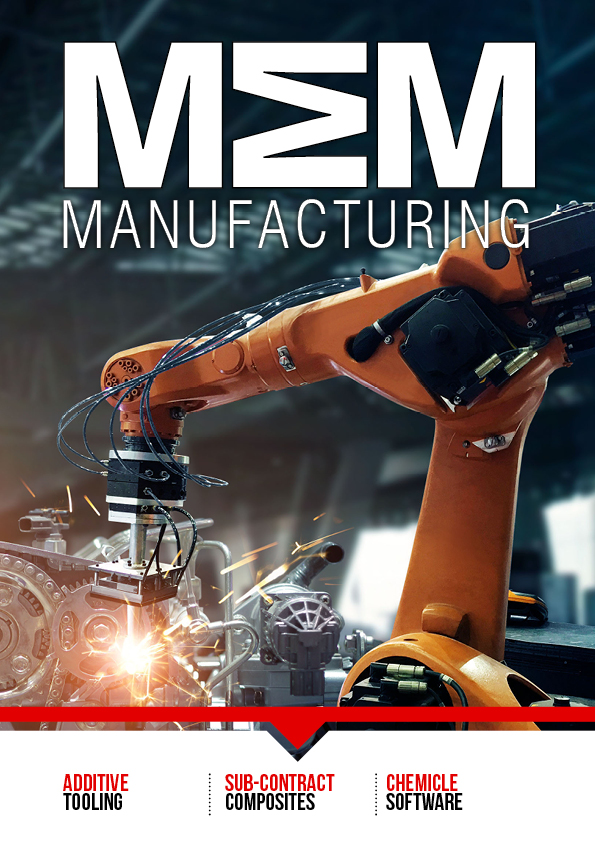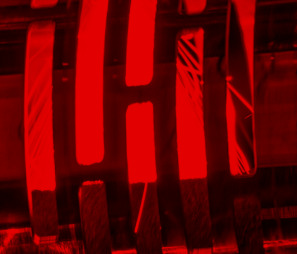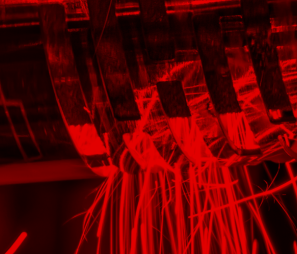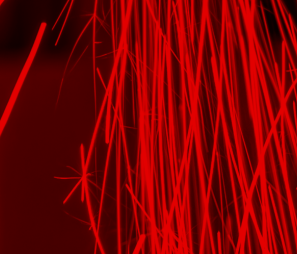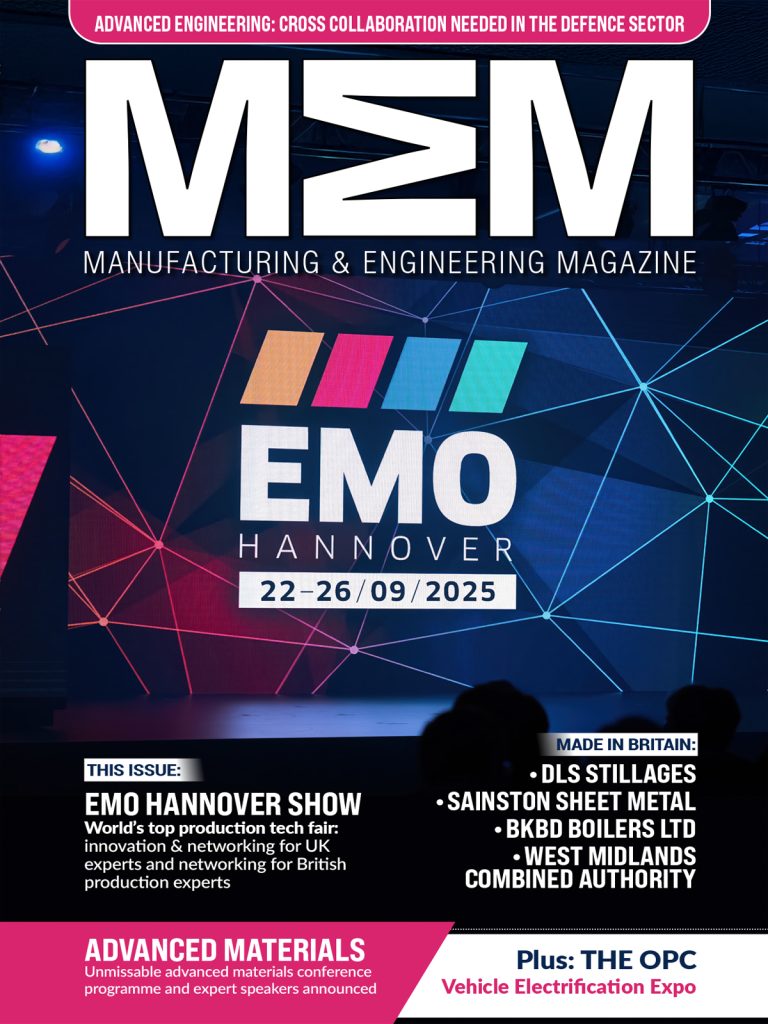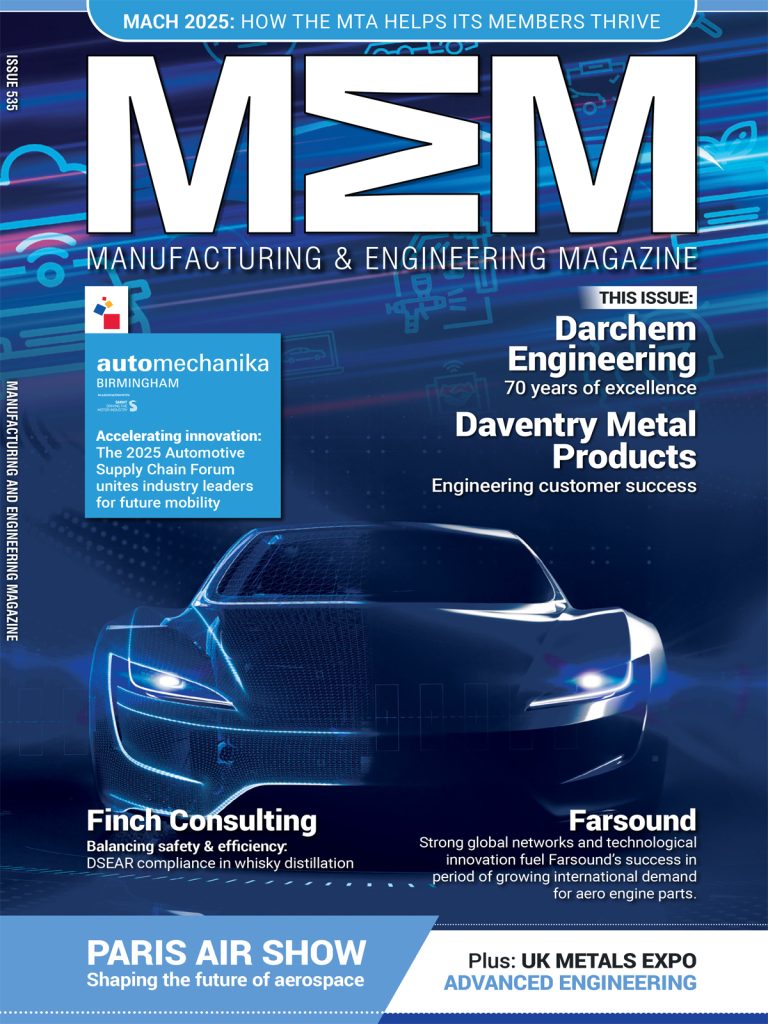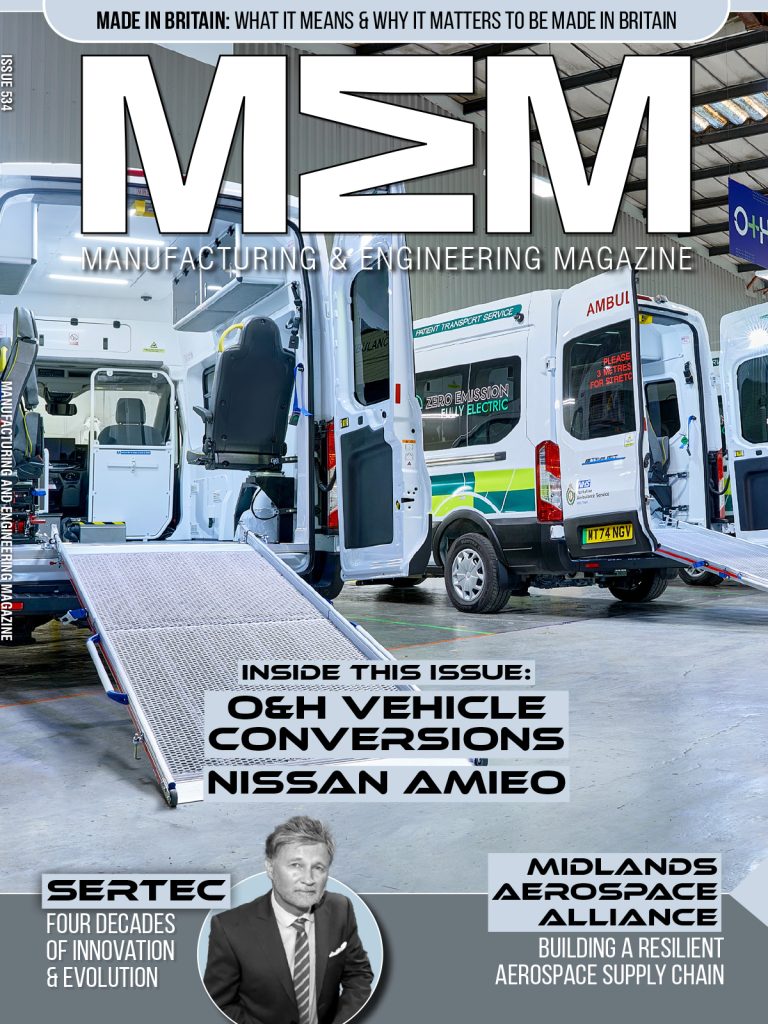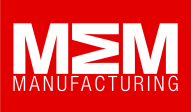To improve the quality of human machine interface (HMI) prototypes, UK provider of Stratasys 3D printing solutions, Tri-Tech 3D, recently supplied APEM Components with a Stratasys PolyJet multi-material additive manufacturing (AM) system. At its Winchester site, the company is now using the Stratasys J35 Pro to create high-quality prototypes, shorten design cycles and reduce costs by minimising its reliance on bureaus.
APEM Components specialises in the design and manufacture of HMI parts, including panel switches, joysticks, LED indicators and industrial controls such as emergency stop switches. To showcase its capabilities to customers at trade shows and site visits, the company wanted to produce high-quality prototypes with elaborate designs in multiple materials.
Tri-Tech 3D supplied APEM Components with the Stratasys J35 Pro, a multi-material PolyJet printer suitable for office environments. Users can create models with rubber-like characteristics, as well as high-impact, rigid, translucent and biocompatible components. Manufacturers can use up to three materials during one build, which reduces overall production time by avoiding the need for multiple printing shifts.
“When we started our 3D printing journey a few years back, we invested in an FDM system,” explained Howard Spink, senior design engineer at APEM. “For a while, we were leading the pack in our in-house printing capability, but there was always room to improve. Not only did these parts often contain visible lines, but we also wanted to create flexible, more extravagant prototypes, such as joystick gaiters, that better demonstrated our capabilities.
“Although we had an FDM printer on site, we still used bureaus to create the occasional gasket or gaiter, which extended lead times and increased overall costs,” continued Spink. “Tri-Tech 3D recommended the J35 Pro because it’s simple to use and has minimal maintenance requirements. With the system now in place, we can print a wider range of prototypes from the comfort of our facility and create high-quality parts with shorter design cycles than ever before.”
“The value of multi-material prototyping for APEM cannot be overstated,” added Dave Moore, 3D print consultant at Tri-Tech 3D. “APEM is now using Vero DraftGrey, Vero UltraClear, Vero UltraBlack and Vero UltraWhite on the J35 Pro to produce component housing and, as a result, it can show customers how the switches and cables inside interact with one another. Not only can this boost customer engagement, but it also ensures confidence in the final product.
Looking to improve your industrial prototyping? Upgrading your AM system could improve the quality of your parts and help you remain competitive. To discover how Tri-Tech 3D’s PolyJet technology can help your business, visit the company’s website or contact its team to set up a meeting with one of its AM specialists by calling 01782 814551.
Manufacturing & Engineering Magazine | The Home of Manufacturing Industry News
